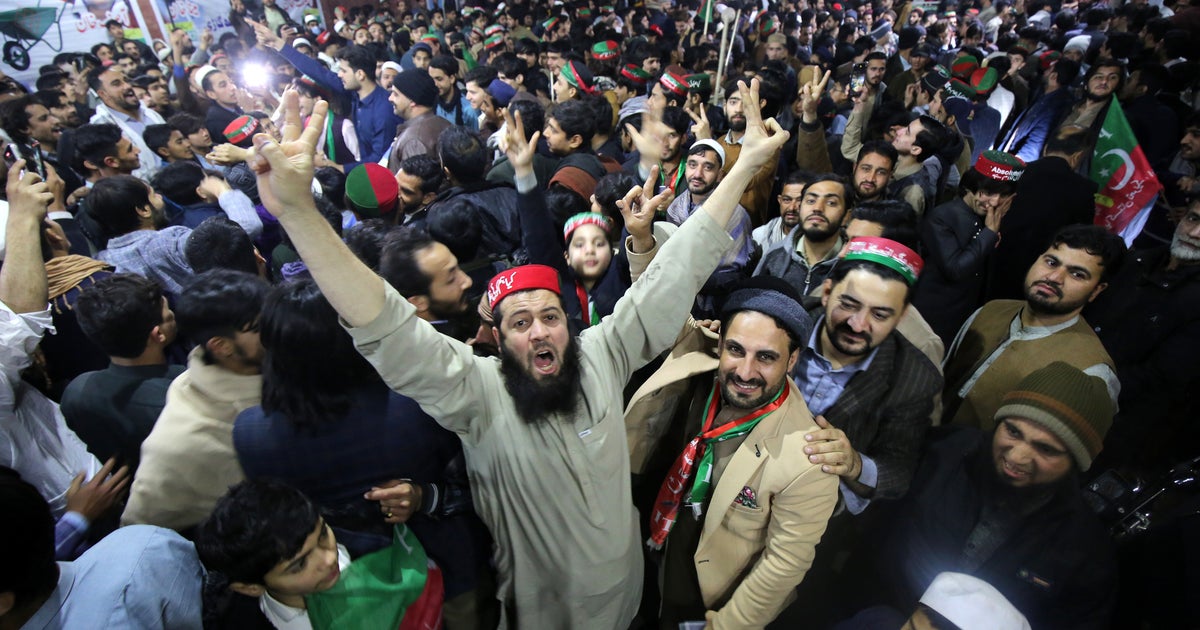Despite securing the most seats in Pakistan’s 2018 general elections, Imran Khan’s Pakistan Tehreek-e-Insaf (PTI) party faces significant challenges and unfavorable odds as it navigates the country’s complex political landscape.
One of the key factors working against PTI is the fragmentation of the political opposition. While PTI emerged as the single largest party in the National Assembly, it fell short of an outright majority, necessitating alliances to form the government. However, the opposition parties, including the Pakistan Muslim League-Nawaz (PML-N) and the Pakistan Peoples Party (PPP), have remained united in their criticism of PTI’s policies and governance.

SOURCE:- NEWS18
Additionally, PTI’s ambitious reform agenda, which promised to tackle corruption, improve governance, and revitalize the economy, has faced implementation challenges and criticism. Despite some efforts to address these issues, including anti-corruption drives and austerity measures, the results have been mixed, leading to disillusionment among some segments of the electorate.
SOURCE:- BBC NEWS
Economic woes also pose a significant challenge for PTI. Pakistan has grappled with persistent inflation, high unemployment, and a widening fiscal deficit, exacerbated by the COVID-19 pandemic. Despite securing a bailout package from the International Monetary Fund (IMF) and undertaking structural reforms, the government has struggled to revive economic growth and provide relief to ordinary citizens, leading to widespread discontent.
Moreover, PTI’s governance record has been marred by allegations of authoritarianism and curbs on media freedom. Critics accuse the government of stifling dissent, targeting political opponents, and undermining democratic institutions, which has raised concerns both domestically and internationally about the state of democracy in Pakistan.
In addition to these challenges, PTI faces growing opposition from within its own ranks. Discontent among party members and coalition partners over issues such as governance, decision-making processes, and distribution of resources has strained PTI’s internal cohesion and weakened its ability to govern effectively.
Furthermore, PTI’s electoral performance in recent by-elections and local government polls has been mixed, indicating a potential erosion of its popular support base. The party’s failure to deliver on key promises, coupled with its handling of various crises, has led to a loss of confidence among some voters.
Despite these challenges, PTI still retains significant political capital, with Imran Khan’s personal popularity remaining relatively high among certain segments of the electorate. Additionally, the party’s ability to mobilize support, its strong organizational structure, and its control over key institutions such as the military and judiciary provide it with a degree of resilience.
However, overcoming the odds stacked against it will require PTI to address the underlying grievances of the population, deliver tangible improvements in governance and the economy, and navigate the complex web of Pakistan’s political dynamics effectively. Otherwise, the party may face an uphill battle in retaining power in the 2023 general elections.
Share your views in the comments

